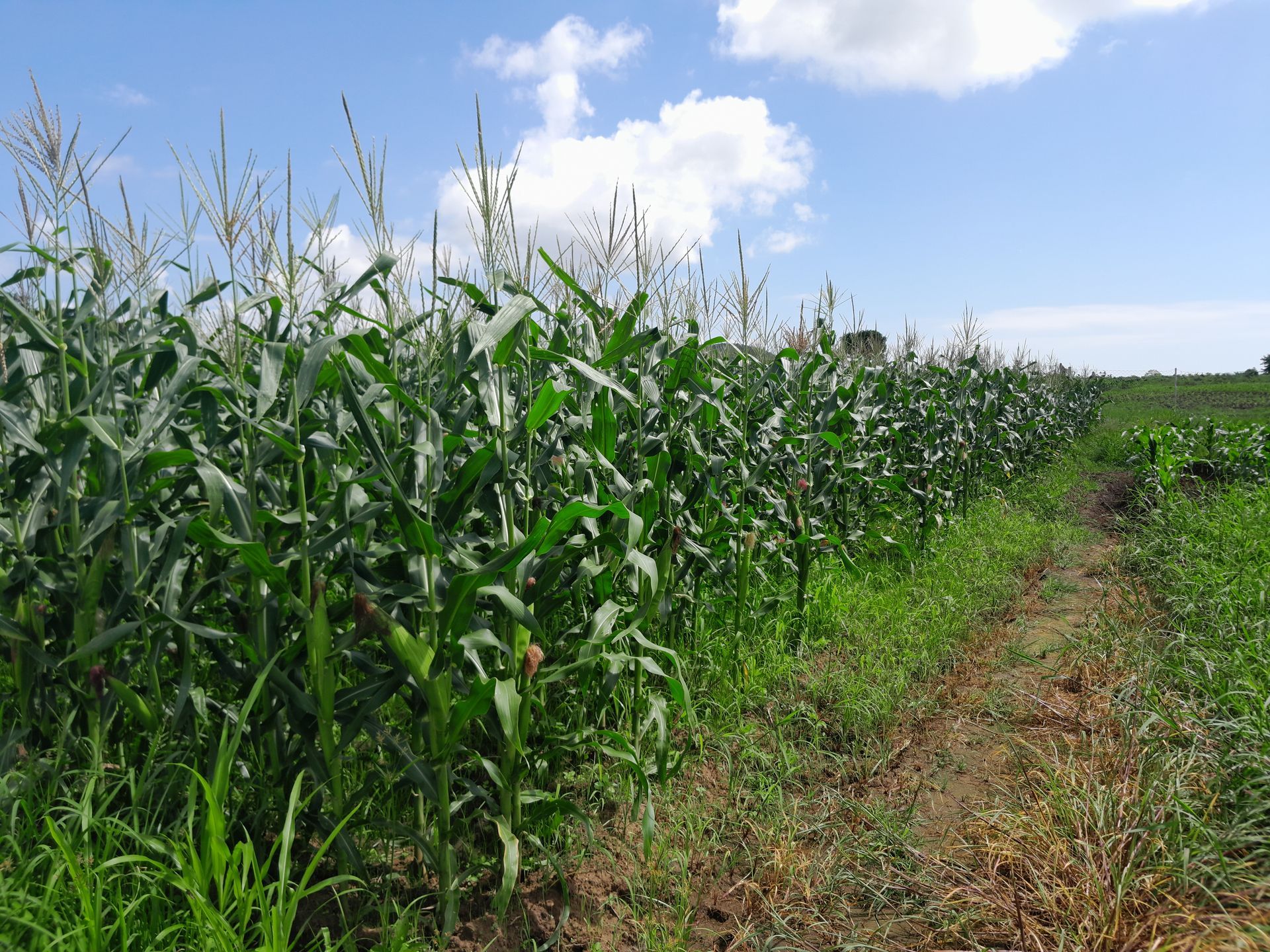Navigating the Nine to Five Grind: Understanding Substance Use and Mental Health Challenges
Unmasking the Nine to Five: Substance Use and Mental Health in the Modern Workplace

The traditional nine to five work schedules, a symbol of modern professional life, is often seen as a pillar of stability and structure. However, behind this orderly routine lies a complex influence of stressors and pressures that can lead to substance use and mental health challenges. Excessive coffee consumption, smoking, and depression are common issues that many people in such work environments struggle with. Understanding the reasons behind these patterns can clarify ways to improve well-being in a demanding work world.
The Nine to Five Work Structure: A Double-Edged Sword
This type of workday is designed to offer a predictable schedule, allowing employees to plan their personal lives around a set work routine. While this structure can provide a sense of stability, it can also be a source of significant stress. The long hours, lofty expectations, and the pressure to perform can lead to physical and emotional strain. This strain often presents itself in numerous ways, including reliance on substances like coffee and cigarettes and an increased risk of mental health issues such as depression.
The Coffee Culture: Fuel for the Day
Coffee is often seen as a necessary tool for overcoming the midday downturn and boosting productivity. For many, it is more than just a beverage; it becomes a coping mechanism to manage fatigue and maintain focus. The caffeine in coffee acts as a stimulant, temporarily enhancing alertness and concentration. However, the reliance on coffee can have a downside to it. Regular consumption can lead to increased anxiety, disrupted sleep patterns, and even a dependence that can sustain the cycle of fatigue and over-reliance on stimulants.
Smoking: A Stress Reliever with Hidden Costs
Smoking is another common habit among those dealing with the stresses of a nine to five job. Many people turn to cigarettes to manage stress or provide brief relaxation from the pressures of their workday. Smoking can create a sense of calm and serve as a mental break. However, this habit comes with significant health risks and can contribute to long-term physical health problems such as heart diseases and lung cancer. Additionally, smoking can worsen feelings of anxiety and stress, creating a vicious cycle that is hard to break.
Depression: The Underlying Challenge
The pressures associated with a nine to five job can also contribute to mental health issues like depression. Long hours, job insecurity, lack of work-life balance, and a high-stress environment can lead to feelings of overwhelm and inadequacy. Depression can be further fuelled by the lack of time for personal interests and social interactions, which are essential for maintaining mental health.
Workplace culture plays a significant role in these issues. In high-pressure environments, employees may feel the pressure to push themselves beyond their limits. This can lead to burnout, a condition characterised by extreme fatigue, detachment, and diminished performance. The stigma surrounding mental health issues and the pressure to appear constantly "charged" can prevent employees from seeking help, which worsens the problem.
Addressing the Challenges
To lessen these issues, both employees and employers need to take proactive steps in working towards better, healthy, and safe work environments. Here are some strategies that can address these issues:
- Promote a Healthy Work Environment: Employers can create a more supportive work culture by encouraging regular breaks, offering mental health resources, team building activities and fostering a balanced work-life dynamic, can provide tools and strategies to for managing mental health challenges.
- Encourage Healthy Habits: Providing access to wellness programs, such as stress management workshops, therapy, counselling, and fitness resources, can help employees develop healthier coping mechanisms.
- Foster Open Communication: Creating a workplace where employees feel comfortable discussing their stress and mental health concerns can lead to a more supportive environment.
- Support Flexible Working Arrangements: Offering flexible hours or remote work options can help employees manage their work-life balance more effectively, reducing stress and the need for substances like coffee and cigarettes.
Volunteering at a charity organisation: Volunteering at a charity organization can be a powerful antidote to the stress and pressures of a nine to five work culture. This helps to shift focus, provide a sense of purpose and satisfaction, build social connections, reduce stress through positive activities, that can relieve workplace stress and contribute to overall well-being.
As The Sparkle Foundation we have made sure to stand out as a beacon of support and care within the charitable sector, demonstrating an unwavering commitment to the mental health and wellbeing of our employees. We have achieved this by actively addressing and mitigating risks associated with substance abuse, which include excessive coffee consumption, smoking, and depression. Where employees are also entitled to one day of working from home a week, the organisation not only fosters a healthier work environment but also enhances overall productivity and job satisfaction. The Sparkle Foundation’s holistic approach serves as a powerful example of how prioritising mental health can lead to a more resilient, engaged, and thriving workforce, ultimately driving the foundation's mission forward with renewed strength and dedication.

GET INVOLVED
ABOUT
JOIN OUR MONTHLY NEWSLETTER
Contact Us
We will get back to you as soon as possible.
Please try again later.



